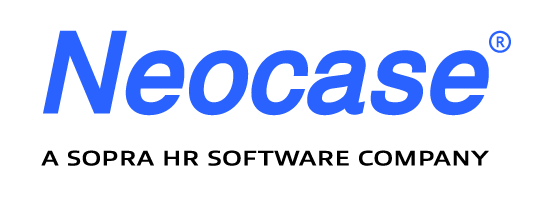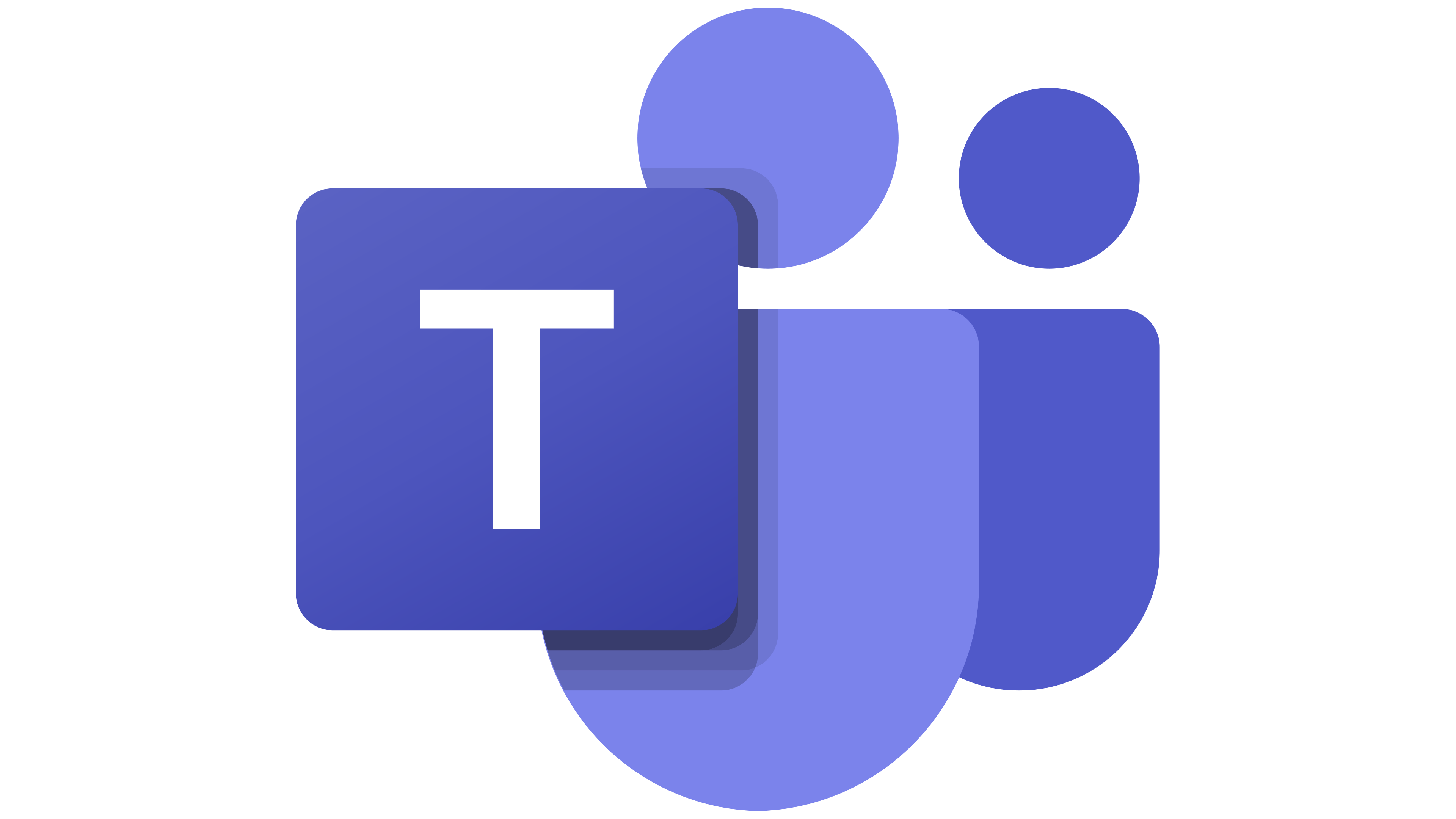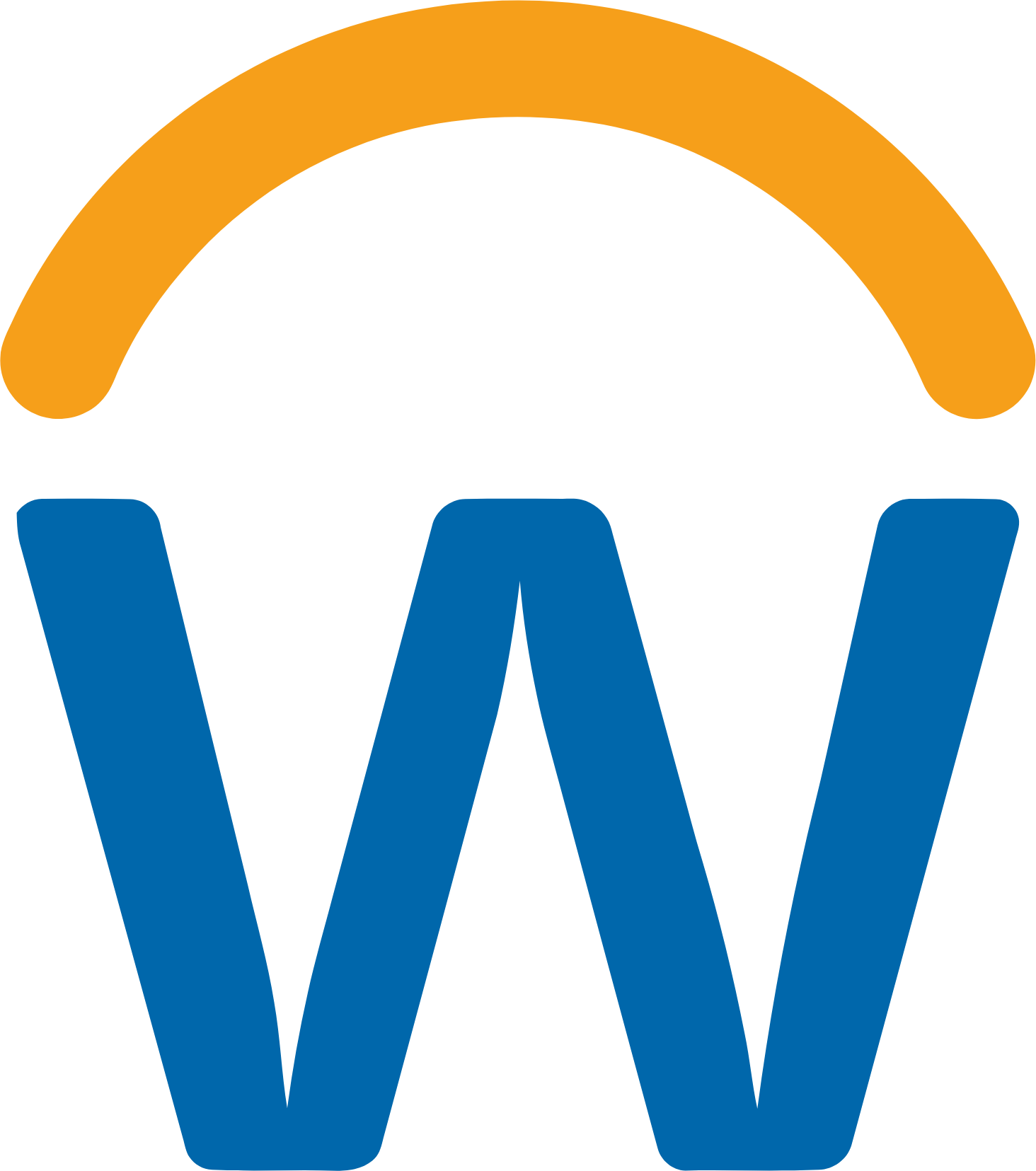Adding an AI-powered HR knowledge base can transform your operations. Boost efficiency, cut administrative work, provide quick help to employees, and make strategic decisions backed by HR data analysis.
Sounds appealing, right? This is ChatGPT's answer to the question: "Why should companies use an AI-enhanced HR Knowledge Base?" The idea is great, but to get smart responses from ChatGPT, you need to ask it smart questions—something called prompt engineering.
Neocase invites you to explore the details, potentials, challenges, and limits of adding artificial intelligence to HR knowledge bases. Let's go beyond the marketing talk and see how this tech shift could impact shared knowledge in human resources.
Discover the possibilities, understand potential challenges, and get a deeper view of what's happening in this age of AI in HR.
💡Discover in this article:
-
Search Engines and Technology: A Quick History
-
HR Knowledge Base Challenges
-
The Rise of LLMs (Large Language Models)
-
Stop Searching, Ask! The Power of Semantics with Azure OpenAI
-
Where Natural Intelligence Stands Out
-
AI's Role in HR Service Management
- Learn more
Search Engines and Technology: A Quick History
“The entire search category is now going through a sea change.”
This quote from Satya Nadella, Microsoft's CEO in February 2023, signals a big shift in search engines. To grasp this, let's look at the tech before it—word searches like 'full-text search' and 'cosine similarity.'
The 'Full Text' search matches words in a user's question to those in an article. Cosine similarity compares vectors representing words in a question and an article, determining the level of similarity. Despite working on word corpus to refine searches, these methods don't consider meaning. In HR, these classic search methods face three main challenges
HR Knowledge Base Challenges
HR knowledge bases, found on 'self-service' HR portals or chatbots, need to be 'employee-centric.' This means content depends on the employee's profile. But, classic search methods face three big issues:
- Limited Content: Fewer than 300 articles per country can respond to 70% of requests, limiting the search.
- Terminology Issues: Similar HR terms cause mix-ups. For instance, a search for 'paternity leave' might show an article on 'time savings accounts.'
- User Language: Employees use words not common in HR articles.
These make traditional search results less relevant.
The Rise of LLMs (Large Language Models)
OpenAI's Large Language Models (LLMs) emerged to understand and generate human texts. They're good at grasping context, tone, and cultural nuances. Microsoft integrated this into Azure, combining AI power with data security in HR.
Azure GPT can enhance HR knowledge base tools by focusing on question and article semantics.
Stop Searching, Ask! The Power of Semantics with Azure OpenAI
For employee request solutions, Azure OpenAI offers three search levels:
- Understanding the employee's question in HR language.
- Finding the most relevant article or suggesting the right process from digitized HR processes.
- Generating an answer using prompt engineering.
Neocase's tests with Azure OpenAI show improved question classification. But, generating answers needs caution, as HR lacks control, posing legal risks.
Where Natural Intelligence Stands Out
Despite AI advances, HR managers need to:
- Design knowledge bases for easy information access.
- Keep them updated based on employee needs and feedback.
- Make knowledge bases lively with feedback or testimonials.
- Offer varied content formats (articles, videos, podcasts, infographics).
- Promote knowledge bases internally.
AI's Role in HR Service Management
In conclusion, AI integration is growing in various HR areas. Neocase plans functionalities like automatic HR documentation processing, analytical HR data processing, interactive employee question answering, and article writing in future versions.
Smart collaboration between humans and robots is set to improve relationships between employees and organizations. Stay tuned...
Want to learn more?

 Microsoft Teams
Microsoft Teams
 Workday
Workday
.png?width=651&height=188&name=banni%C3%A8re%20book%20a%20demo%20(1).png)

